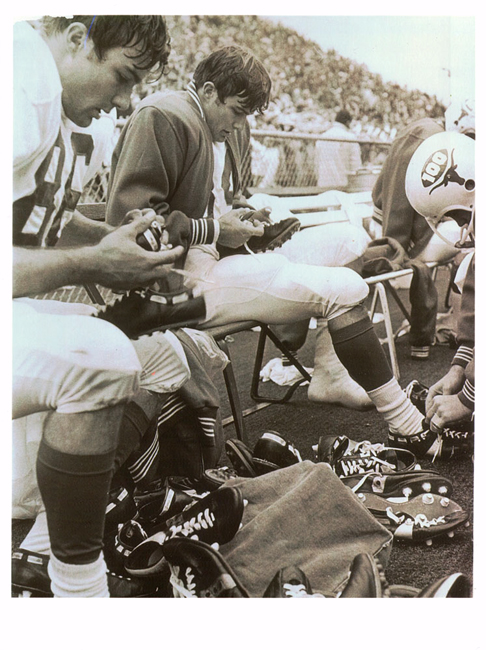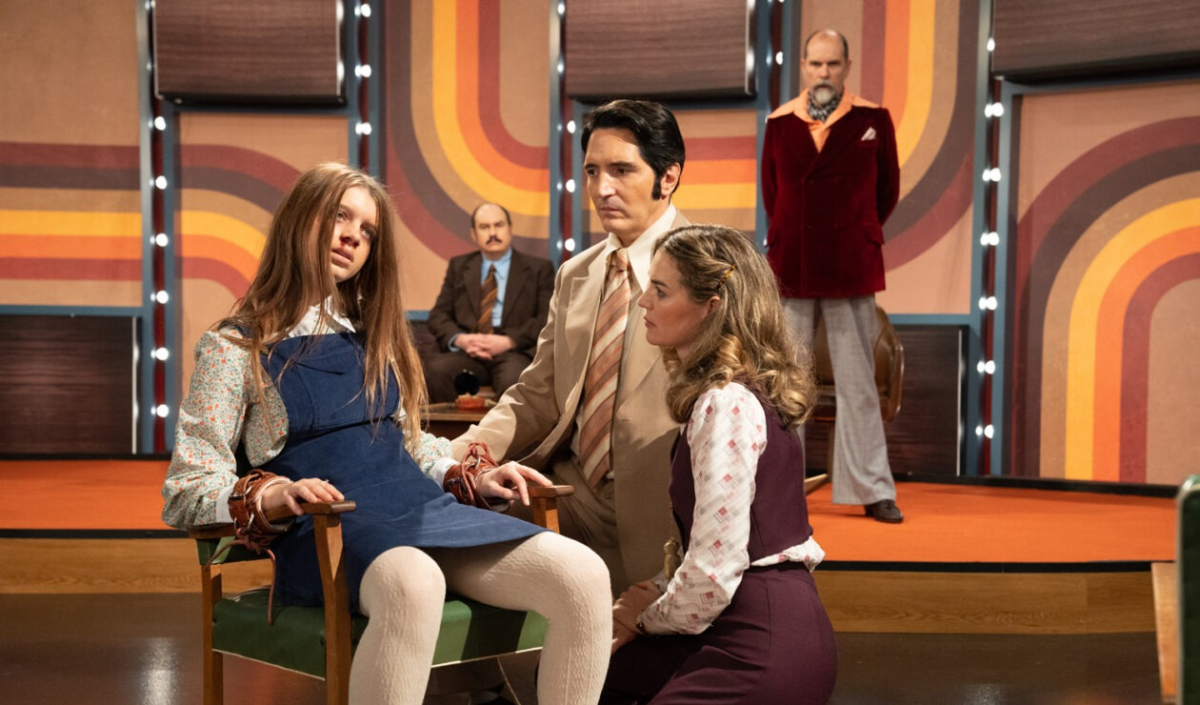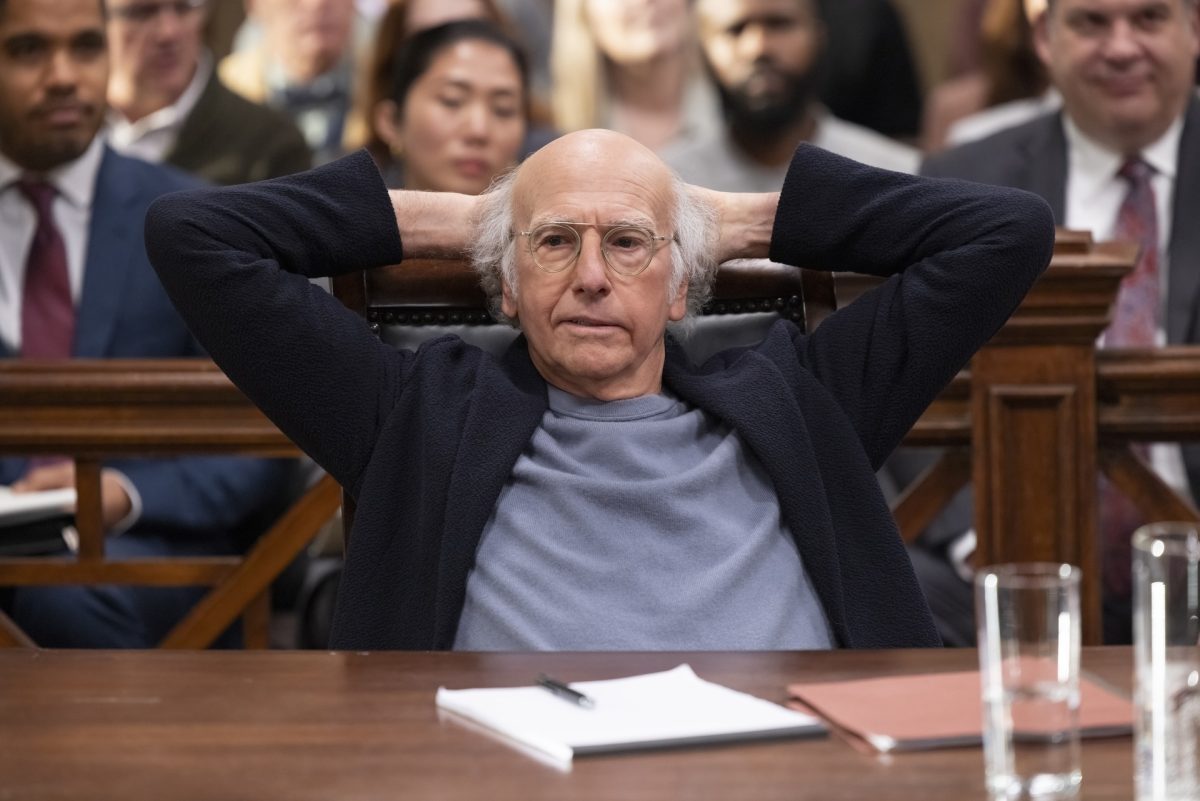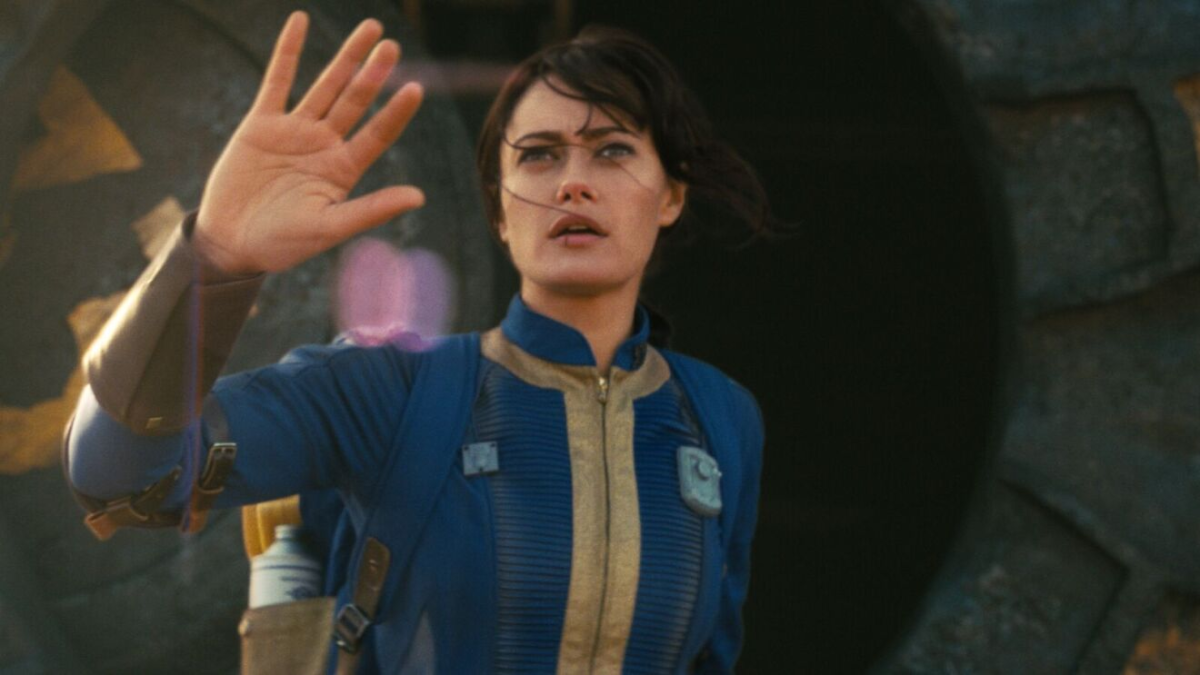The crowds cheered, fans were glued to their TV sets and the U.S. president even sat in the stands for what would later be called the “Game of the Century.” Directed by Mike Looney, “The Big Shootout” recounts the 1969 Texas vs. Arkansas championship football game and the events surrounding it. The game was the first televised college football championship.
Looney started writing the film as an original screenplay with former Texas football player Bobby Mitchell, who played in the 1969 championship game.
“I got with Bobby and I told the story through his eyes,” Looney said. “It was a very Forrest-Gump like screenplay.”
Looney decided to make the film a documentary when he realized many people involved in the story were older and might not live to see the final product. A documentary format allowed him to get the film out faster.
“I was finishing the script and I thought, ‘My gosh, someone’s going to die,’” Looney said. “It’s now or never.”
Looney began interviewing players from both Texas and Arkansas for the film, including Arkansas head coach Frank Broyles and Texas head coach Darrell Royal. Looney also asked Texas player Tom Campbell for an interview.
Campbell said the legacy of the game has stayed with him in the 47 years since he played it.
“We’re just all amazed that this game we played so long ago just doesn’t go away,” Campbell said. “It’s alive.”
Arkansas player Bruce James played in the championship and also contributed to the documentary. The resonance of the game touched his life also.
“The game is one of those things that’s never going to happen again,” James said. “It’s one of a kind.”
The film concentrates not only on the game itself, but also on the social and personal issues surrounding it. In 1969, mass anti-Vietnam War demonstrations were taking place around the UT campus. Texas player Bobby Mitchell lost his brother in Vietnam months before playing in the game.
The civil rights movement was also prevalent during the time. The 1969 game was the last championship football game to be played with only white players.
“This documentary really captured [the time], and that’s rare,” James said. “Not only what was going on with the game itself, but also with what was going on in the world at that time.”
Major networks offered to purchase “The Big Shootout” from Looney and producer Don Stokes. Although they took a huge financial risk, Looney said he couldn’t risk having a network cut it up and make the film something he didn’t intend it to be. Looney and Stokes began showing the film in Arkansas and Texas. The film premiered last spring at the Dallas International Film Festival to a sold out theater.
“The crowd went crazy,” Looney said. “It was like being at a Texas home game.”
Although the atmosphere was a bit calmer in Arkansas, Looney said the film still received positive feedback. James saw the documentary there in September.
“Seeing the film brought back things I had totally forgotten about in the game and some of the things going on in college,” James said. “Even though we lost it was a great experience for me to be in the game and do this film.”
“The Big Shootout” brought Campbell back to his college years.
“Holy cow, I had no idea it was going to be as good as it was,” Campbell said. “You realize with the film it’s not just about the game, it’s about the life and times of 1969. It just took us all back. When the video was over, it was just this experience and you’re almost in a state of shock by being taken back in time.”
Although he said it’s a stretch, Looney said the best outcome would be for the documentary to be picked up and turned into a feature film.
“My team and I were a part of something important,” Looney said. “It’s a sad film, but it ends with hope.”





















